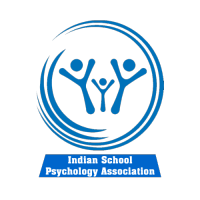

Author(s): Masoe AV, Blinkhorn AS, Taylor J and Blinkhorn FA
Background: Continuing professional development (CPD) is an essential component for dental Therapists and oral health Therapists to uphold registration with the Australian Dental Board. Evidence of CPD is considered an assurance of Therapists scientific clinical knowledge and competence to provide quality care to patients. Many vulnerable adolescents are at risk of dental caries and periodontal disease due to poor oral hygiene self-care practices and dietary behaviours. Therapists have a pivotal role to play in the provision of scientific-based clinical preventive care and advice to encourage adolescents towards oral health self-efficacy for lifelong benefits. The aim of this study was to record CPD clinical preventive care activities focused on adolescents undertaken by Therapists working in NSW Public Oral Health Services. Methods: A cross-sectional self-administered survey using a postal questionnaire was used to record the continuing professional development activities of Therapists working in all NSW Local Health Districts (LHDs) in relation to clinical preventive care offered to adolescents. Results: One hundred and seventeen Therapists (64.6%) responded to the survey. Approximately 20% of respondents had not undertaken CPD on preventive care for adolescents in the last two years, 33.3% documented less than 5 hours, and 35.1% more than 10 hours. Almost 88 percent of respondents received their CPD from within their LHDs, and ranked peer reviews and team building events for sharing information as key strategies to enhance their ability to offer clinical preventive care to adolescents. Conclusion: This study has shown that one third of all Therapists had received less than 5 hours CPD focussing on helping adolescents maintain their oral health in the last 2 years. In order to support Therapists continuing professional education, inter-professional peer reviews in partnership with dentists, visiting dental specialists, and whole team approaches should be regularly undertaken. In addition scoping of other modes of education such as the Information Communication Technology for broader reach are worthy of further investigation.